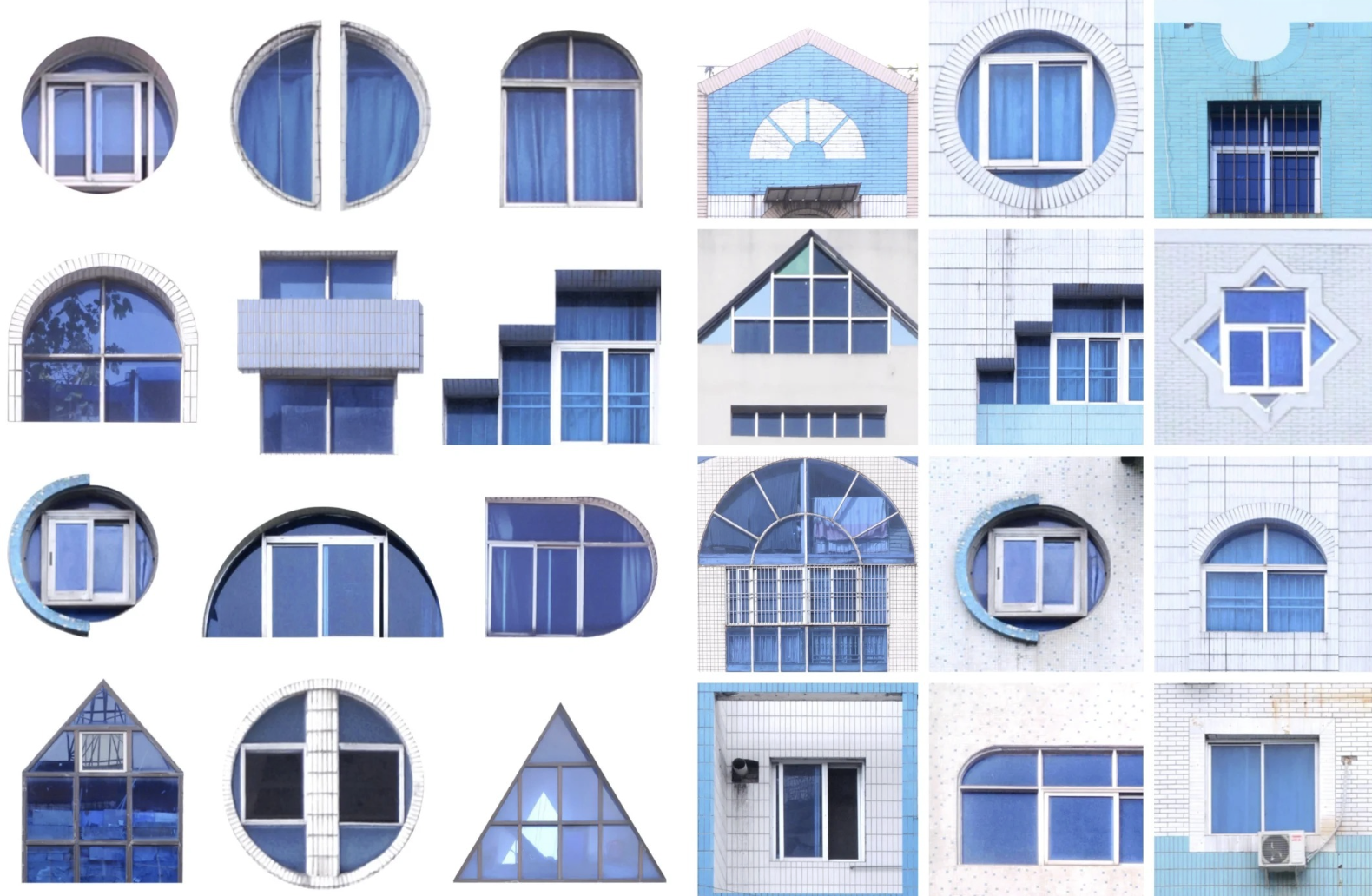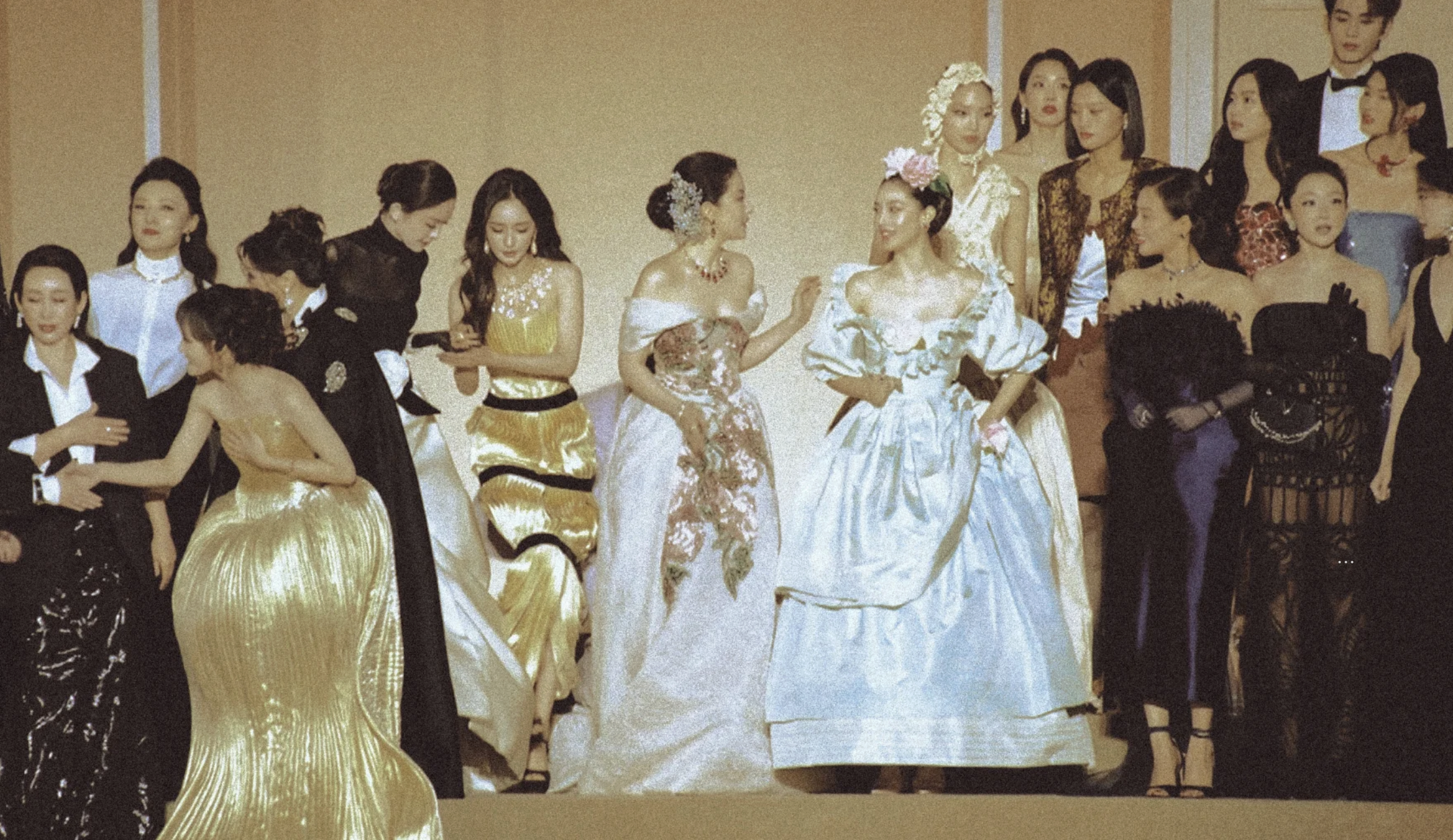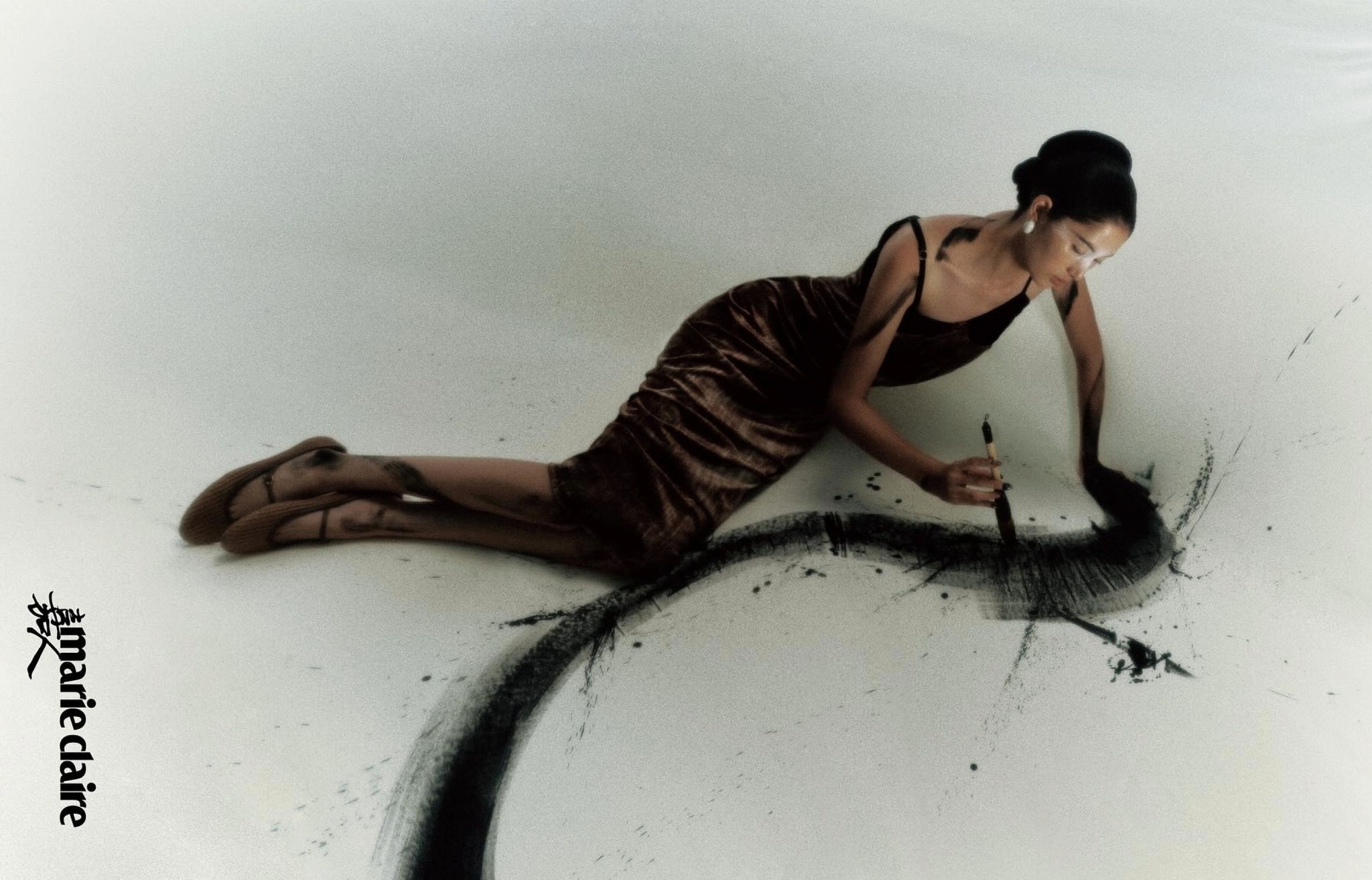Photosensitive is a monthly RADII column that focuses on Chinese photographers who are documenting modern trends, the youth and society in China.
Bondage and instant noodles — welcome to the world of Qiumao, an LGBTQ photographer from Chongqing in Southwest China, who brings a plethora of sexual fantasies and fetishes to the public eye, things that most people would consider best kept private. At just 24 years old, he photographs young men engaging in the most unusual — and some might say outrageous — activities for their sexual excitement, hoping to break taboos and bring down stereotypes built up around Chinese masculinity.

“I grew up watching porn,” Qiumao says. He thinks that this might have had some effect on his work, but apart from that, he doesn’t quite know how to answer the question of what influences him. He says that whatever he does comes out intuitively, all based on the constant artistic exploration of his subject and that it all began when he picked up a second-hand camera and started shooting. Photography proceeded to provide him with a sense of meaning in life, something he wasn’t familiar with before. “All I know is that I love photography and the pleasure it gives me. I can’t let go of it now,” he says.
Related:
 Interview: Photographer Pixy Liao On Pushing New Boundaries in Gender Non-Conformity“I accept the fact that the world surrounding me will never completely accept me,” says the Shanghai-born photographerArticle Dec 16, 2019
Interview: Photographer Pixy Liao On Pushing New Boundaries in Gender Non-Conformity“I accept the fact that the world surrounding me will never completely accept me,” says the Shanghai-born photographerArticle Dec 16, 2019
Qiumao creates all of his work in his hometown, Chongqing, a municipality not far from Chengdu and often referred to as the Fog Capital. Sometimes he photographs his own friends, but he finds most of his models on social media channels and invites them for shoots. “They’re mostly from the LGBTQ community. I usually find them online, chat, and ask them if they would like to pose for me. Some people are very excited to do so, and they even come back to the studio. But most people think my idea is way too bold, so they’re afraid to even try it. They fear the photos might get them into some sort of trouble,” he says.
Although deeply rooted in Chongqing, Qiumao likes to set his kinky scenarios elsewhere. We often see his characters juxtaposed against Japanese urban or countryside landscapes. He has always been drawn to Japanese culture, particularly Sailor Moon, the classic anime from the 1990s that’s considered a beacon of queer representation. Yet, he admits there might be another subconscious reason for his choice of setting, a more tender one. “The guy I like is in Japan. Every time I take a picture, I show it to him. It’s a conversation starter,” he confides in us.

Related:
 Musk Ming on the Masculine Sensuality of His Army Guy ArtThe Berlin-based Chinese artist and musician makes use of militaristic imagery to create his own ideal of masculine beautyArticle Jun 17, 2020
Musk Ming on the Masculine Sensuality of His Army Guy ArtThe Berlin-based Chinese artist and musician makes use of militaristic imagery to create his own ideal of masculine beautyArticle Jun 17, 2020
One of his characters that particularly stands out is a drag queen. She’s a friend of his that helps him stage his wildest requests, an attitude he fully exploits in quite explicit and diverse setups. For instance, in one picture, she appears as a glorious dominatrix throwing a steadfast look at the camera as she rides on the back of a suited man. In another, she’s in a different position: gazing at the camera with her tongue between someone’s toes.


Qiumao’s oeuvre tends to take a bizarre turn when we see his men wounded and hurt. They often appear battered, with bleeding noses and eyebrow cuts as if coming straight from a fight. He explains this poetically: “I like a broken and incomplete beauty, like Venus de Milo.” That’s not all, however, as, in several of his photographs, Qiumao’s characters exhibit surgical stitches of varying sizes, while some of them play with syringes. There’s also the rather unsettling picture of a man with an open wound from an injectable drug of some sort.

There seems to be a stark contrast between Qiumao’s rampant and incendiary nature and the supposedly reclusive personality of the artist behind it. “I’m a home boy,” he reveals. “I spend most of my time in Chongqing, and I never really travel. Familiar scenes, weather, and people — that’s what usually dissolves my inner anxiety and confusion and inspires me with some creativity.”
Related:
 Yin Pengfei Shows Life’s Absurdities in His Humorous Self-Portrait SeriesYoung photographer Yin Pengfei is as comfortable on camera as he is behind it, documenting life’s little quirks and absurditiesArticle Mar 17, 2021
Yin Pengfei Shows Life’s Absurdities in His Humorous Self-Portrait SeriesYoung photographer Yin Pengfei is as comfortable on camera as he is behind it, documenting life’s little quirks and absurditiesArticle Mar 17, 2021
Qiumao hasn’t faced any backlash for the content of his work yet. He’s, in fact, optimistic about the possibilities within his realm. “Chongqing is an inclusive city, and I believe that the LGBTQ community in China is not different from the rest of the world. We are all moving forward with our exploration.” His work seems to be part of a rising trend in China that uses fetishism and sexuality as a form of generational expression, particularly within LGBTQ circles. However, he doesn’t feel comfortable speaking on behalf of anyone else. “These works reflect me and only me,” he says. “They’re like my boost and lead me to discover another self.”


Additional reporting by Lucas Tinoco
All images courtesy of Qiumao


















